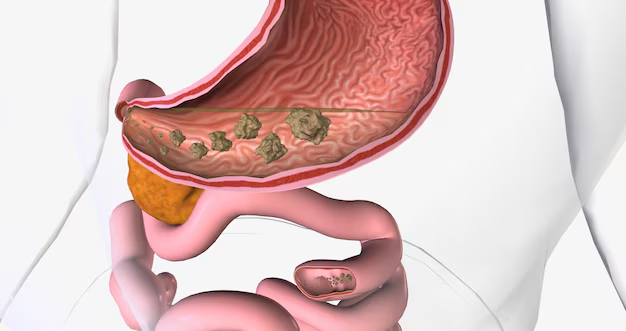Glucose, a simple sugar, is the primary source of energy for the body’s cells. It plays a vital role in maintaining proper bodily functions, from brain activity to physical movement. This article explores glucose’s importance, sources, regulation, and impact on health.

Importance of Glucose
1. Energy production: Glucose fuels cellular respiration.
2. Brain function: Glucose regulates cognitive processes.
3. Physical performance: Glucose enables muscle contractions.
Sources of Glucose
1. Carbohydrates: Broken down into glucose during digestion.
2. Glycogen: Stored glucose released from liver and muscles.
3. Gluconeogenesis: Glucose synthesized from non-carbohydrate sources.
Regulation of Glucose
1. Insulin: Hormones lower blood glucose levels.
2. Glucagon: Hormone raises blood glucose levels.
3. Liver: Stores and releases glucose as needed.
Blood Glucose Levels
1. Normal range: 70-110 mg/dL (fasting) and <140 mg/dL (post-meal).
2. Hypoglycemia: Low blood glucose (<70 mg/dL).
3. Hyperglycemia: High blood glucose (>110 mg/dL).
Factors Affecting Glucose
1. Diet: Carbohydrate intake and glycemic index.
2. Exercise: Physical activity influences glucose utilization.
3. Stress: Hormonal responses impact glucose regulation.
4. Sleep: Quality and duration affect glucose regulation.
Health Implications
1. Diabetes: Chronic glucose imbalance.
2. Obesity: Insulin resistance and glucose metabolism.
3. Cardiovascular disease: High glucose levels damage blood vessels.
Managing Glucose
1. Balanced diet: Whole foods, fiber, and controlled carbs.
2. Regular exercise: Cardio, strength training, and high-intensity interval training.
3. Stress management: Meditation, yoga, and relaxation techniques.
4. Monitoring: Blood glucose tracking and HbA1c tests.
Conclusion
Glucose is essential for maintaining optimal bodily functions. Understanding its importance, sources, regulation, and impact on health enables individuals to manage glucose effectively and prevent related health complications.
References:
American Diabetes Association
Academy of Nutrition and Dietetics
National Institute of Diabetes and Digestive and Kidney Diseases

